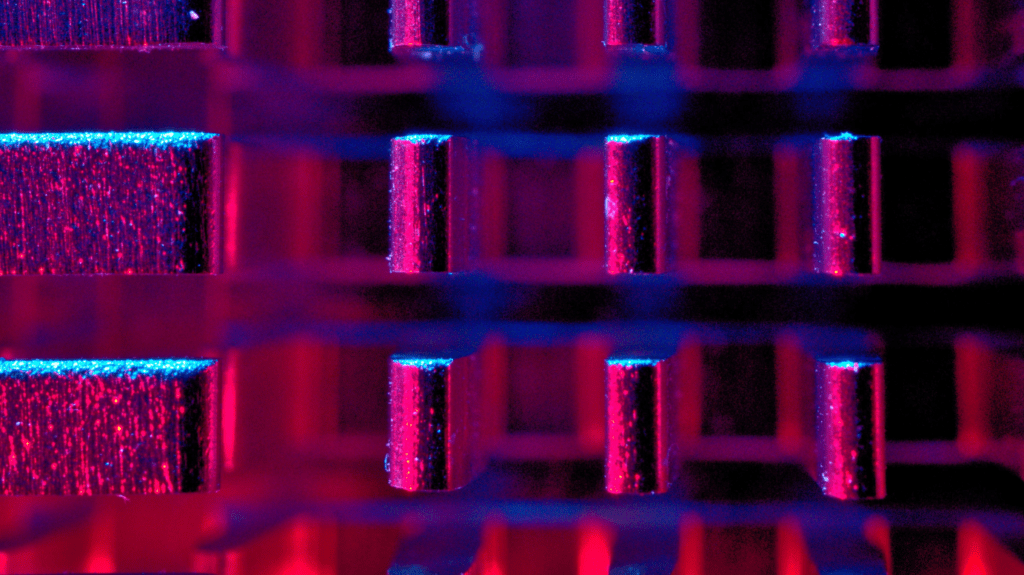Accueil » A Deep Learning solution for triaging patient with cancer according to their predicted mutational status using histopathological images
A Deep Learning solution for triaging patient with cancer according to their predicted mutational status using histopathological images
The presence of mutation in cancer can be associated with a response to a targeted cancer therapy. Therefore it has become an important information while it helps giving a more specialized and more efficient treatment for each patient. Detection of mutation is routinely made by DNA-sequencing diagnostic tests.
Recently, a new strategy of deep learning based method of prediction of mutation from histopathological images has shown promising results. However it is still unknown whether these methods can be useful as screening tests aside from sequencing methods for efficient population diagnosis. Here we developed our own deep learning based prediction pipeline for the detection of mutation in breast, lung, colon and ovarian cancer and find clinically relevant genes that have easy-to-detect mutational status, and especially TP53 which can be detected in these four tumors. We then propose 3 potential screening strategies and show the effectiveness of our deep learning pipeline for optimizing diagnosis in the patient population.

Targeted cancer therapies are specialized and efficient therapies that have revolutionized the treatment of cancer in the last few years (1, 2). The higher specialization of targeted cancer therapies requires to know more and more information about the patient. Getting personalized information requires making more specialized diagnostic tests (3). As an example, the presence or the absence of genomic mutations can be associated with a response to a targeted cancer therapy like PARPs (4) or Wee1 (5) inhibitors are treatments that are efficient only on cancers where BRCA1/2 or TP53 are mutated respectively. Detection of somatic mutation is routinely made by DNA-sequencing. However, these tests face a three fold limitation: they have a long waiting period, require a large amount of tissue and are expensive. Therefore, there is a growing need to identify new biomarkers and associated screening strategies to improve diagnostic workflows efficiency in medical oncology.
Recently, deep learning methods have shown promising results for the prediction of the mutational status from digitized tissue stained with hematoxylin and eosin as whole slide images (WSI) (6–12). These WSI are already made routinely in the diagnostic workflow and deep learning methods are cheap, always feasible and very scalable. Therefore, a deep learning based solution assessing the patient’s tumoral mutational status directly onto the WSI appears to be a potential screening strategy.
Here, we develop a deep learning pipeline to predict mutational status directly from WSI and find multiple predictable mutated genes. We then create 3 screening strategies to test the relevance of the deep learning pipeline in a routine context. The first screening strategy is “Save-all” which considers the number of diagnostic tests we can avoid while preserving high sensitivity. The second strategy “Fixed Capacity” which considers, in the case of a limited number of diagnostic tests, the number of mutated patients found.
In other words, it optimizes the number of patients that will later benefit the associated targeted therapy. The last screening strategy is “Prioritization” which considers the number of mutated patients found in a small part of the patient population for short-tracking. The rationale behind this strategy is that the earlier the patient has access to the best therapy, the higher its chance of remission. We finally show the relevance of our deep learning algorithm for each strategy in different realistic screening scenarii by showing its efficiency for each gene that both has a predictable mutational status and is relevant because it has an associated targeted therapy on the market or in development. A previous use of deep learning in a screening strategy were described in Nielsen et al. (13), but to our knowledge, this is the first screening strategy described for the prediction of mutational status in cancer
Our last articles

Ummon chemo-prAIdict
Precision Medicine in Oncology: 50% of patients miss optimal therapy. Ummon Crawler is the game changer of predictive patient matching.

p16/Ki67 AutoReader: Revolutionizing Cervical Cancer Screening with Automated Cytology
Our p16/Ki67 AutoReader software leverages cutting-edge technology to automate the identification of double-labeled cells on p16/Ki67-stained, digitized smear images. This innovative solution is poised to

